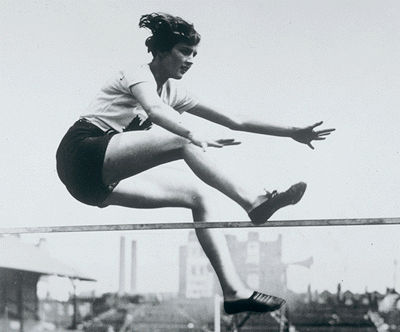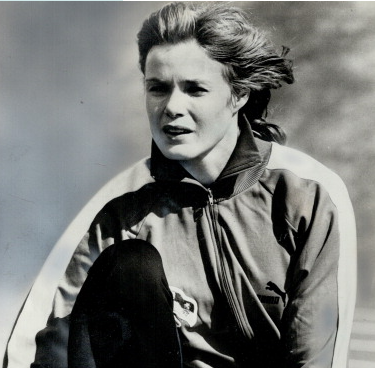Transcript
One of the things for Terry personally, the challenge to him which I’d come to realize more and more as the run went on, it wasn’t just the physical challenge of what he was doing, but it was the psychological and mental weight that he was carrying of other people, and how on a daily basis you would in one way or the other somebody who had been touched by cancer would come to him and tell him …
[...]
They’d come and tell him their stories and you know the one that burns in my mind was a mother who said, “You’re running for my son” and Terry goes, “Where is he”, and she said, “He died three days ago.” That happened often, that type of story and it always amazed me how he carried that with him, he carried and I think that’s what — I don’t think — that’s what made him do it, he truly cared.
That experience in the hospital when he was put into the kids’ ward was burned into his head and he told me many, many times about it and how it affected him and this is why he was doing it. So I think you know you talk about challenges, to me it was one of the amazing things that he was able to carry that, but at the same time I’m sure that those types of stories drove him.
[...]
…We never thought it was going to end the way it ended, not a clue.
[...]
The return of the cancer was never in our heads ever, anybody’s, to the point where like even south of Thunder Bay, you know three days, he’s had this cold for a couple of days and that’s exactly what we thought it was, was he’s got a cold when in fact we know it was the cancer coming back.
[...]
Where I think history is going to show Terry as an everyday kid who just had the power of one, who made a difference and he set such an example for the rest of us forever that one person can actually make a difference, and you don’t have to be a superman. You know they call him a hero, that’s the first thing I tell kids, “He’s not a super hero, he’s just like you, he’s exactly like you, he just decided to go out and dare to do something.”

 Share on Facebook
Share on Facebook Share on X
Share on X Share by Email
Share by Email Share on Google Classroom
Share on Google Classroom


